Listen | The Solar System
Listening Comprehension Quiz
Transcript: Please don’t check the transcript before you listen and take the quiz.
Good afternoon, everyone! Today, we’re going to take a journey through a fascinating and mysterious place—our solar system. Now, when I say “solar system,” you probably think of the Sun, some planets, and maybe a few moons. But there’s so much more going on out there than meets the eye. Imagine the solar system as a vast neighborhood, with the Sun acting as the bustling city center that everything else revolves around. And just like any neighborhood, each planet has its own personality, quirks, and unique features. So, let’s pack our bags and set off on this cosmic adventure!
Let’s start with the Sun. The Sun is not just a star; it’s the reason we’re all here. It provides the light and heat that make life on Earth possible. In fact, the Sun makes up about 99.8% of the total mass of the solar system—talk about being the big boss! Without the Sun’s gravitational pull, all the planets would go flying off into space. It’s like the solar system’s glue, keeping everything in order. And believe it or not, the Sun is a pretty average star compared to others in the universe, but for us, it’s everything.
Now, let’s move out from the Sun and stop at our first rocky neighbor, Mercury. Mercury is the closest planet to the Sun, and it’s quite a fascinating place. It’s scorching hot during the day, reaching temperatures of over 400°C, but at night, it plunges to freezing temperatures. This extreme difference is because Mercury doesn’t have much of an atmosphere to hold in the heat. So, you’d better pack for both summer and winter if you plan on visiting! Even though it’s close to the Sun, Mercury doesn’t hold the title of the hottest planet—that honor goes to Venus.
Speaking of Venus, it’s our next stop. Venus is often called Earth’s “evil twin” because it’s about the same size as Earth, but that’s where the similarities end. Venus has a thick, toxic atmosphere filled with carbon dioxide, and it rains sulfuric acid. Sounds like a lovely vacation spot, doesn’t it? The greenhouse effect is so extreme on Venus that its surface temperature is hotter than Mercury’s, even though it’s farther from the Sun. Imagine an oven that never cools down—that’s Venus for you!
And now, we arrive at Earth, our home sweet home. Earth is the only planet we know of that supports life, thanks to its perfect balance of water, atmosphere, and temperature. What makes Earth really special is its atmosphere, which contains just the right amount of oxygen for us to breathe and protects us from harmful space radiation. Plus, we’ve got liquid water, which is essential for life as we know it. Not too hot, not too cold—Earth is the Goldilocks planet of the solar system, where everything is “just right.”
Next, let’s visit Mars, the red planet. Mars has been a subject of fascination for humans for centuries, and with good reason. Its rusty red color is due to iron oxide, or rust, on its surface. Mars is much colder than Earth, but scientists think it may have once had liquid water—and where there’s water, there could have been life. Nowadays, Mars is dry and dusty, with huge volcanoes and deep valleys. We’re even sending robots and planning missions to explore Mars more closely, and who knows—maybe one day humans will walk on its surface!
Now, we leave the rocky planets behind and venture into the gas giants, starting with Jupiter. Jupiter is a behemoth; it’s the largest planet in our solar system, so big that more than 1,300 Earths could fit inside it! One of the most iconic features of Jupiter is the Great Red Spot, which is actually a gigantic storm that’s been raging for hundreds of years. And let’s not forget its moons—Jupiter has over 75, and some of them, like Europa, may even have oceans beneath their icy surfaces, sparking curiosity about potential life.
Next up is Saturn, the “Lord of the Rings” of the solar system. Saturn’s rings are stunning, made of ice and rock particles that range in size from tiny grains to house-sized boulders. Saturn is another gas giant, so it doesn’t have a solid surface like Earth or Mars, but its majestic rings make it one of the most visually striking planets. And just like Jupiter, Saturn has a fascinating collection of moons, including Titan, which has lakes of liquid methane and might also hide a subsurface ocean.
After Saturn, we get to the outermost gas giants, Uranus and Neptune. Uranus is unique because it rotates on its side—imagine rolling a ball across a table instead of spinning it like a top. This sideways rotation might have been caused by a massive collision long ago. Uranus is also known for its icy composition, which earns it the nickname of an “ice giant.” Neptune, the farthest planet from the Sun, is a beautiful deep blue color due to methane in its atmosphere. It’s known for having the strongest winds in the solar system, with gusts reaching up to 1,500 miles per hour!
And beyond Neptune lies the mysterious realm of the Kuiper Belt and the dwarf planet Pluto. Poor Pluto was reclassified as a dwarf planet in 2006, but it still holds a special place in our hearts. The Kuiper Belt is like the solar system’s outer edge, filled with icy objects and remnants from the early days of our solar system’s formation. It’s a frontier we’re still exploring, and who knows what else we’ll discover out there?
So, what have we learned on this grand tour of the solar system? It’s not just a collection of planets and moons—it’s a dynamic and ever-changing system where each world has its own story to tell. From the fiery heat of Venus to the icy winds of Neptune, the solar system is a place of extremes, beauty, and mystery. And the best part? We’re only just beginning to uncover its secrets.
Expand Your Vocabulary
- Solar System
Meaning: A system of planets and other objects that orbit a star, in our case, the Sun.
Context: In the lecture, the “solar system” refers to the Sun and everything that orbits around it, including planets, moons, and other celestial bodies.
Everyday Use: You could use this term when discussing astronomy or outer space, for example, “We live in the solar system, where Earth orbits the Sun.” - Gravitational Pull
Meaning: The force that attracts objects toward one another, especially the pull that keeps planets orbiting around a star or moon around a planet.
Context: The Sun’s “gravitational pull” keeps all the planets in the solar system orbiting around it.
Everyday Use: On Earth, you experience gravitational pull every time something falls to the ground—it’s what keeps us on the planet! - Orbit
Meaning: The curved path that an object takes around a star, planet, or moon.
Context: Each planet in the solar system follows an “orbit” around the Sun.
Everyday Use: You might say, “The International Space Station orbits Earth, circling it every 90 minutes.” - Atmosphere
Meaning: The layer of gases surrounding a planet or moon that can protect it from harmful radiation and hold in heat.
Context: Earth’s “atmosphere” is essential for supporting life, and Venus’ thick atmosphere traps heat, making it extremely hot.
Everyday Use: On Earth, we often talk about the atmosphere when discussing weather, for example, “The Earth’s atmosphere protects us from space radiation.” - Greenhouse Effect
Meaning: The process by which certain gases (like carbon dioxide trap heat in a planet’s atmosphere, causing the planet to heat up.)
Context: Venus has an extreme “greenhouse effect” that makes its surface hotter than Mercury, even though it is farther from the Sun.
Everyday Use: You often hear about the greenhouse effect in discussions about climate change, like “The greenhouse effect is contributing to global warming.” - Moons
Meaning: Natural satellites that orbit a planet, often reflecting the light of the Sun.
Context: Jupiter and Saturn are known for having many moons that orbit them, some of which might even have oceans beneath their surfaces.
Everyday Use: You might say, “The Moon lights up the night sky, reflecting sunlight back to Earth.” - Gas Giant
Meaning: A large planet composed mainly of hydrogen and helium, with no solid surface.
Context: Jupiter and Saturn are “gas giants” in the solar system, meaning they’re mostly made of gas with no solid ground to stand on.
Everyday Use: You could describe any large, gaseous planet as a gas giant, like, “Saturn is a gas giant with its iconic rings.” - Ice Giant
Meaning: A type of giant planet composed mainly of elements heavier than hydrogen and helium, such as water, methane, and ammonia.
Context: Uranus and Neptune are considered “ice giants” because of their cold temperatures and icy compositions.
Everyday Use: You could say, “Neptune, as an ice giant, has an atmosphere filled with frozen methane that gives it its blue color.” - Kuiper Belt
Meaning: A region of space beyond Neptune, filled with icy objects and dwarf planets like Pluto.
Context: The “Kuiper Belt” is the outer region of our solar system, home to many small icy bodies and dwarf planets.
Everyday Use: In astronomy, you might discuss the Kuiper Belt when talking about the farthest reaches of our solar system. - Dwarf Planet
Meaning: A celestial body that orbits the Sun and is similar to a planet but hasn’t cleared its orbit of other debris.
Context: Pluto was reclassified as a “dwarf planet” in 2006 because it doesn’t meet all the criteria for being a full planet.
Everyday Use: You could explain, “A dwarf planet, like Pluto, orbits the Sun but isn’t large enough to clear its neighborhood of other space debris.”
Vocabulary Quiz
Let’s Talk
- The Sun plays a central role in holding the solar system together with its gravitational pull. How do you think life on Earth would be different if our planet were closer or farther from the Sun?
- Venus is often referred to as Earth’s “evil twin” due to its extreme greenhouse effect. How does this comparison make you think differently about the importance of Earth’s atmosphere in supporting life?
- Mars has long fascinated scientists with its potential to have once supported life. What do you think about the idea of humans traveling to Mars in the future? Could it ever become a second home for humanity?
- Gas giants like Jupiter and Saturn don’t have solid surfaces, but they are still some of the most fascinating planets. What do you find interesting about the moons of these planets and the possibility of life on them?
- Uranus rotates on its side, which is unusual compared to other planets. What do you think could have caused this, and how do you think this affects Uranus’ seasons and climate?
- Pluto was reclassified as a dwarf planet, which sparked a lot of debate. Do you think Pluto should still be considered a planet, or does its reclassification make sense to you?
- The Kuiper Belt is still a largely unexplored region of our solar system. What mysteries do you think could be hiding in this distant region, and what would you want to discover?
- Earth is often called the “Goldilocks planet” because it has conditions that are just right for life. What do you think are the most important factors that make Earth uniquely habitable?
- Jupiter’s Great Red Spot is a storm that has been raging for hundreds of years. What do you think about the idea of a storm lasting so long, and how does it compare to weather systems on Earth?
- Neptune is known for its extreme winds, the strongest in the solar system. How do you think such strong winds would affect the atmosphere or any potential missions to this distant planet?

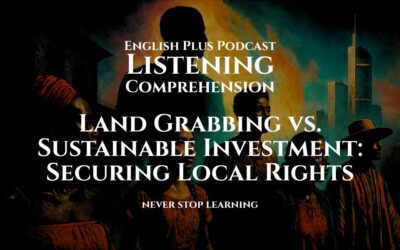
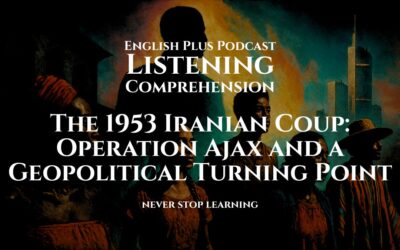
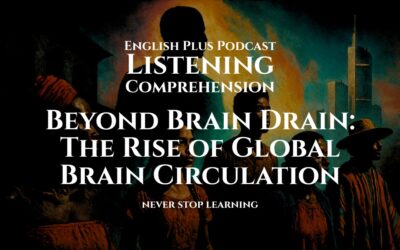


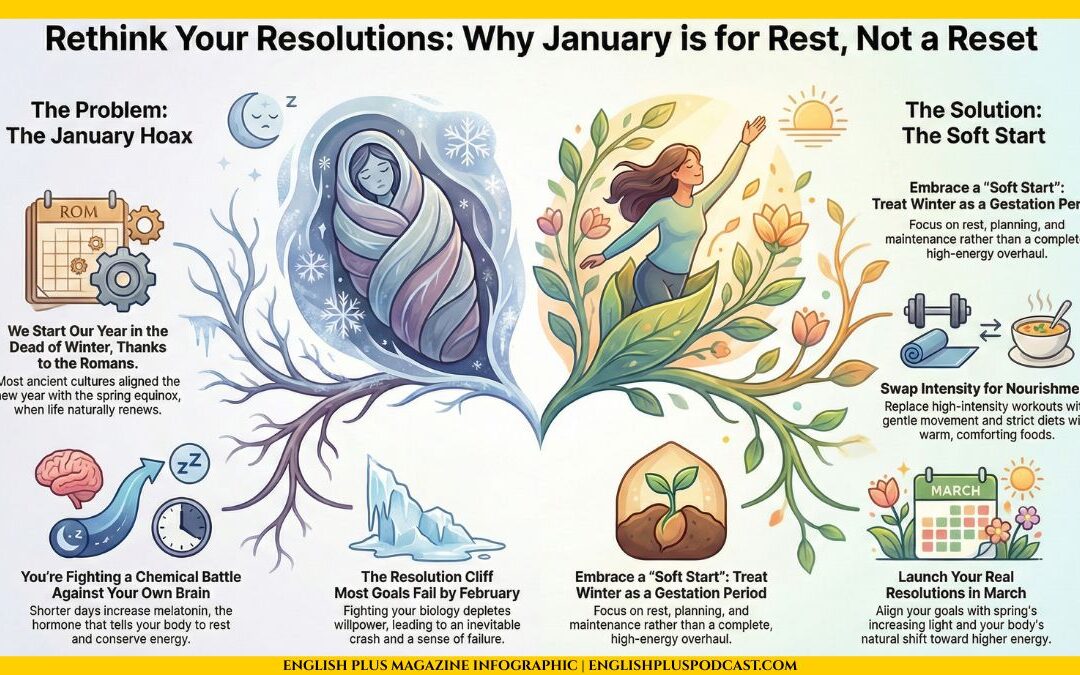
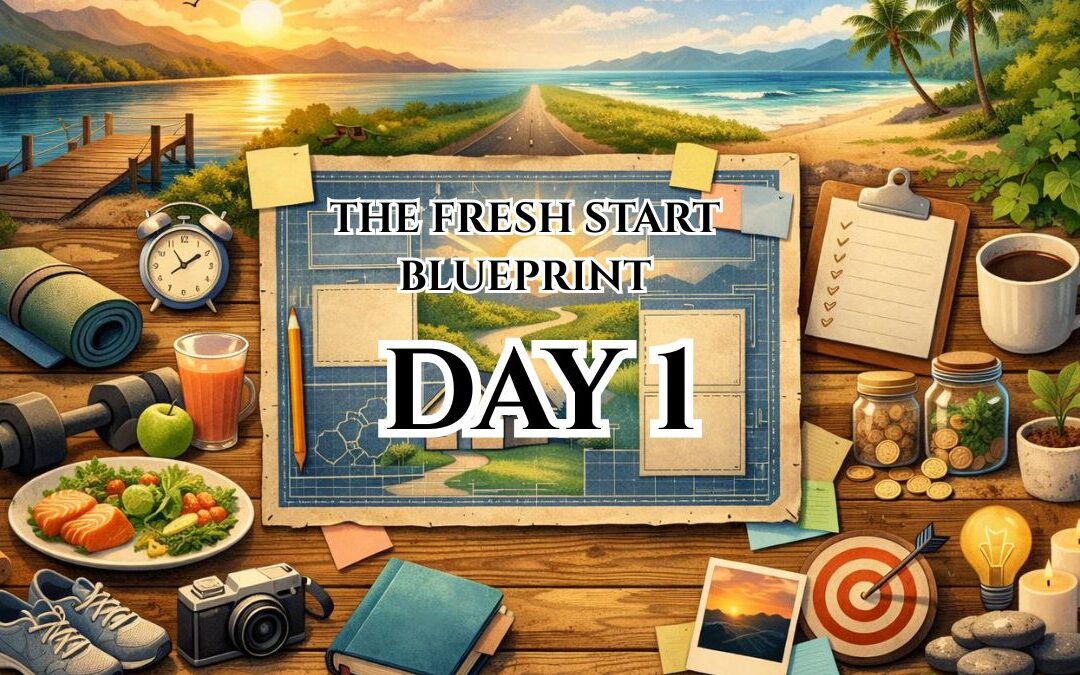


0 Comments